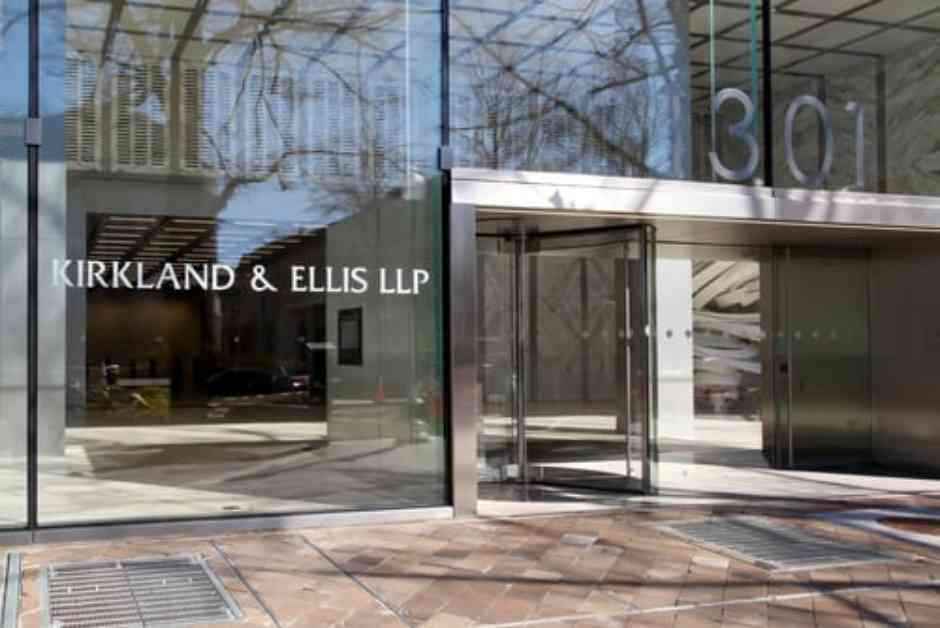Judge Urges Moving Forward to Merits in Bias Case of Fired BigLaw Associate
A federal judge in California recently made a significant decision in the ongoing gender-bias and retaliation lawsuit filed against Kirkland & Ellis by a former associate. The judge, U.S. District Judge Haywood S. Gilliam Jr. of the Northern District of California, refused to dismiss the amended lawsuit, emphasizing that it is time to move forward to the merits of the case.
The ruling comes after the fired associate, Zoya Kovalenko, alleged gender bias and retaliation by Kirkland & Ellis. Kovalenko claimed that male associates in the intellectual property litigation group were treated more favorably and paid higher salaries than their female counterparts, leading to a disproportionate turnover of female associates. She further alleged that her termination in September 2021 was a result of her complaints about disparate treatment, despite being falsely told that it was due to poor performance.
In his order, Judge Gilliam allowed Kovalenko to proceed with claims of intentional infliction of emotional distress, retaliation under Title VII of the Civil Rights Act, violation of California anti-discrimination law, and violation of the Equal Pay Act. However, he dismissed a defamation claim related to her performance review due to a missed deadline.
The judge noted that the case had already seen extensive litigation over dismissal motions and emphasized the need to move beyond procedural matters to address the substantive issues at hand. He expressed reluctance to engage in further rounds of pleading litigation, which led to his decision to rule on the merits of the case.
Despite Kirkland & Ellis’s efforts to challenge certain aspects of the lawsuit, including a motion to dismiss and a request to subpoena Kovalenko’s former employers for sensitive personal information, Judge Gilliam stood firm in his decisions. He highlighted the limited relevance of Kovalenko’s performance at prior firms to her experiences at Kirkland & Ellis and emphasized the need for additional evidence before granting access to personal medical records.
Overall, Judge Gilliam’s ruling signals a pivotal moment in the ongoing legal battle between Kovalenko and Kirkland & Ellis. The case continues to shed light on important issues of gender bias and workplace discrimination within the legal industry, prompting discussions about accountability and fair treatment in BigLaw firms.
Implications for Gender Bias Cases in BigLaw
The decision by Judge Gilliam to allow Kovalenko’s lawsuit to proceed to the merits carries significant implications for gender bias cases within BigLaw firms. It underscores the importance of addressing systemic issues of discrimination and unequal treatment in the legal profession, particularly in high-profile firms like Kirkland & Ellis.
By refusing to dismiss the amended lawsuit and emphasizing the need to focus on the substantive issues raised by Kovalenko, Judge Gilliam’s ruling sends a clear message that allegations of gender bias and retaliation must be taken seriously. It sets a precedent for holding firms accountable for their actions and ensuring that employees are protected from discriminatory practices.
Challenges in Addressing Workplace Discrimination
The case of Zoya Kovalenko against Kirkland & Ellis highlights the challenges that individuals face in addressing workplace discrimination and seeking justice for unfair treatment. Kovalenko’s allegations of gender bias and retaliation shed light on the pervasive issues of inequality and discrimination that exist within the legal industry, particularly in prestigious firms.
Despite facing obstacles in her pursuit of justice, including dismissal motions and challenges to access sensitive personal information, Kovalenko’s resilience in pursuing her claims demonstrates the importance of standing up against discrimination. Her case serves as a reminder of the need for transparency, accountability, and meaningful change within BigLaw firms to ensure a fair and equitable work environment for all employees.
The Path Forward
As the case of Zoya Kovalenko against Kirkland & Ellis continues to unfold in the legal system, it raises important questions about accountability, fairness, and equality in the workplace. The judge’s decision to move the case forward to the merits signifies a step towards addressing the substantive issues at hand and holding the firm accountable for its actions.
Moving forward, it is essential for BigLaw firms to prioritize diversity, inclusion, and equal treatment of all employees to create a more equitable work environment. By learning from cases like Kovalenko’s and taking proactive measures to address discrimination and bias, firms can work towards fostering a culture of respect, fairness, and opportunity for all individuals within the legal profession.















